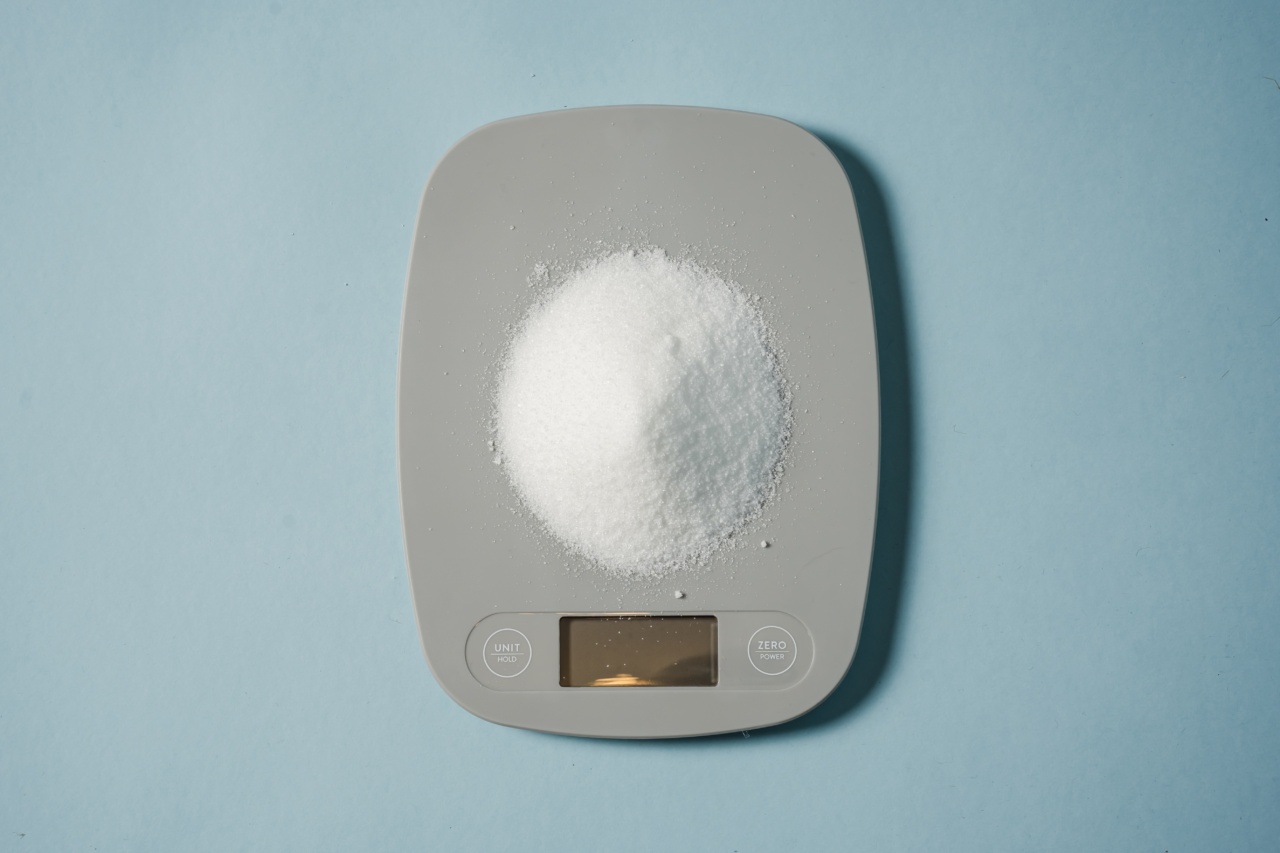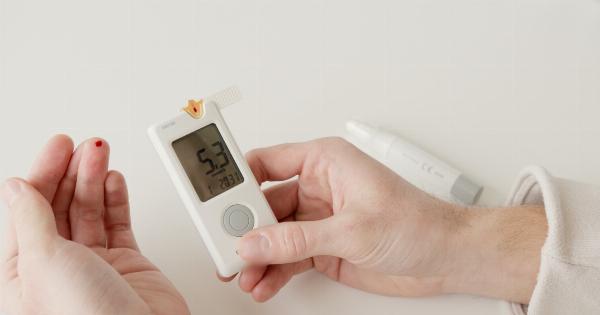Sugar measurements are often used by healthcare professionals to monitor glucose levels in individuals with diabetes, as well as for routine lab testing. However, there are several factors that can affect the accuracy of sugar measurements.
Some of these factors are discussed below:.
Timing of the Test
The timing of the test can significantly affect sugar measurements. Blood sugar levels fluctuate throughout the day, and they are usually highest after a meal.
For this reason, it is recommended that fasting glucose levels be measured in the morning after at least eight hours of fasting. Failure to follow this recommendation may result in inaccurate measurements, and patients may be misdiagnosed with diabetes or prediabetes.
Diet and Physical Activity
Patient’s diet and physical activity can influence sugar measurements of the patient. Consuming carbohydrates, in particular, can cause a significant increase in blood glucose levels.
Therefore, it is important to maintain consistency in diet and physical activity for at least three days before measuring sugar levels. Multiple studies have shown that engaging in physical activity causes blood glucose levels to drop. Therefore, patients who exercise regularly may show lower sugar measurements than those who do not.
Medications
Several medications can cause sugar measurements to be artificially elevated or decreased. For example, corticosteroids, thiazide diuretics, and some beta-blockers can increase blood glucose levels.
Conversely, insulin, sulfonylureas, and some antidepressants can cause a decrease in blood glucose levels. It is important that clinicians consider any medications that may interfere with glucose levels to avoid misdiagnosis or incorrect medication management.
Equipment Calibration
The equipment used to measure blood glucose levels must be properly calibrated to ensure accurate readings. Failure to calibrate the equipment regularly can cause it to produce false high or low readings.
Medical Conditions
Several medical conditions can also interfere with sugar measurements. For instance, endocrine disorders such as hyperthyroidism or Cushing’s syndrome can cause blood glucose levels to increase.
Likewise, liver disease, pancreatitis, and a variety of other conditions can interfere with sugar measurements. Patients must report any pre-existing medical conditions or symptoms to their healthcare providers to ensure that the appropriate tests are performed.
Biological Factors
Individual factors, such as age, gender, and genetics, can also affect glucose readings. For example, as people age, their liver and muscle cells become less sensitive to insulin.
Therefore, older individuals may require higher doses of insulin to control blood glucose levels than younger individuals. Moreover, certain genetic factors can predispose individuals to insulin resistance and diabetes, even if they have a healthy lifestyle.
Genetic tests are available to determine an individual’s risk of developing diabetes, which can guide early intervention and management.
Stress
Stress, both physiological and emotional, can affect sugar measurements as well. During periods of stress, the body produces hormones such as cortisol, which can cause blood glucose levels to rise.
Additionally, stress can interfere with sleep patterns, eating habits, and physical activity, all of which can affect blood glucose levels. Hence, patients should avoid stressful situations when possible, and healthcare providers should consider the impact of stress on glucose readings when interpreting test results.
Patient Technique
The technique used to obtain a blood sample can affect sugar measurements. For example, squeezing the finger too hard can cause haemolysis, which can skew the glucose reading.
It is important to educate patients on the proper technique for obtaining blood samples, including the use of the correct lancet size, the appropriate depth to penetrate the skin, and the number of times to press on the finger to obtain an adequate blood sample.
Dehydration
Dehydration can cause sugar measurements to be inaccurate. When the body is dehydrated, it produces higher concentrations of glucose in the blood.
Therefore, it is essential to ensure that patients are adequately hydrated before testing glucose levels to avoid incorrect readings.
Manufacturer Specifications
Finally, it is essential to consider the manufacturer specification for glucose meters. Different devices have different accuracy levels and may be intended for different types of patients or for home vs. laboratory use.































